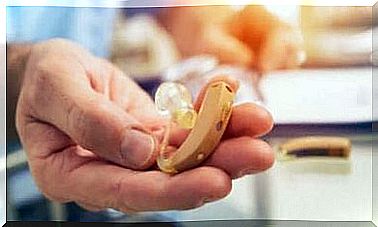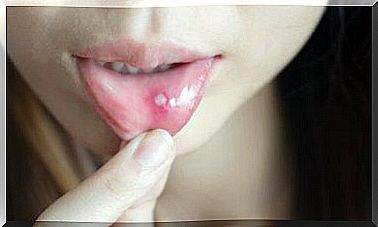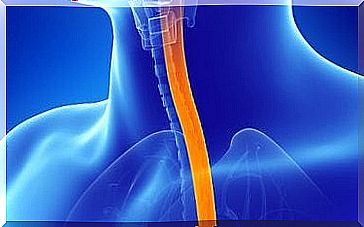Misophonia Or The Unbearable Sensitivity To Noise
The hatred of noise makes life a pain. It is a rare neurological disorder that has been recognized as a disease.

Misophonia cannot be recognized from the outside, but for people who suffer from it, this disease is almost unbearable agony. Because every smallest noise, for example someone else’s chewing, raindrops or the click of a ballpoint pen, is painfully bad.
Many health professionals don’t take patients with misophonia seriously enough. They often refer to them as maniac, bipolar, or schizophrenic.
But living with this neurological disorder is extremely difficult. On the one hand, very few people can understand this problem, on the other hand, those affected suffer extremely severely at the slightest noise. There is no treatment for this selective sensitivity to noise.
What is misophony?
Literally, the name of this disease means “hatred of noises”. The reaction of those affected to everyday noises is very exaggerated. This disorder is also known as selective noise sensitivity syndrome.

Misophonia: causes and symptoms
Misophonia was not recognized as a disease until the 1990s. However, this disorder is still not fully accepted by science. Few doctors are capable of diagnosing them.
Life with misophony

Misophonia completely changes the lives of those affected. One of the first consequences is social isolation and loss of contact with family and friends. Since sufferers cannot tolerate everyday noises made by others, they feel compelled to stay away to prevent the pain and nervousness that this causes.
This situation can be very uncomfortable and it can also make it impossible to work outside the home, as the numerous noises become extremely agonizing. The impossibility of completely suppressing noises such as the clicking of the computer keyboard or the breathing of a fellow human being severely restricts those affected and makes social life impossible.
Many sufferers wear headphones continuously to listen to music and thus block out other noises. You can use it to distract yourself. Some also wear earplugs or specific headphones for noise cancellation.
What can you do if you are extremely sensitive to noise?
There is currently no specific treatment for misophonia. This disease is being researched in various studies because very little is known about it.
Affected people are advised to develop adaptive behavior, that is, to find strategies not to isolate themselves from society and at the same time suppress the symptoms of the disease as much as possible. Psychotherapy can be very helpful in these cases.
Relaxation techniques and mediation can also help. Patients need tools to better deal with their fear and suffering. Understanding conversations with loved ones are also very important.









